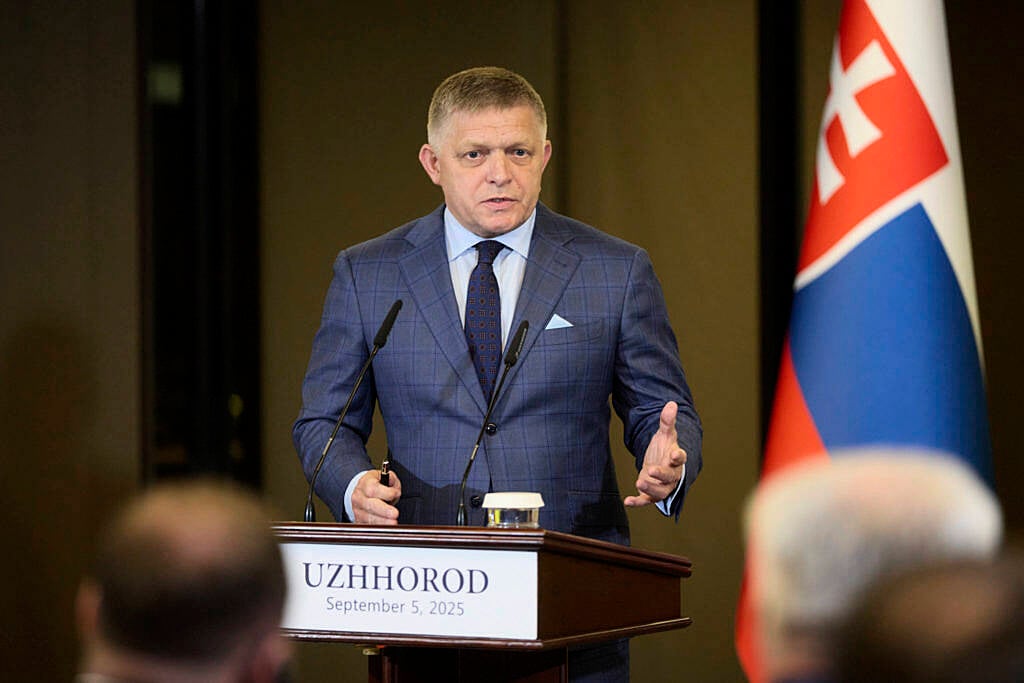Slovakia passes constitutional amendment recognising only two sexes

Slovakia’s parliament has passed a constitutional amendment that recognises only two sexes, along with other measures critics say may breach the country’s international obligations and undermine human rights protections.
The amendment, drafted by the government of populist Prime Minister Robert Fico, required a three-fifths majority to pass. It was approved with 90 votes out of the 150-seat National Council. Notably, twelve conservative opposition politicians joined the ruling coalition to secure the vote.
### Key Changes in the Amendment
The amended constitution now recognises only two sexes—male and female—and asserts Slovakia’s sovereignty in matters of national identity. However, the term “national identity” is not specifically defined, particularly concerning fundamental cultural and ethical issues.
Additionally, the amendment makes it nearly impossible for anyone other than married couples to adopt children. The constitution had already defined marriage as a unique union between a man and a woman.
Other provisions include the requirement of parental consent for access to sexual education and a guarantee of equal pay for men and women.
### Reactions and Concerns
Justice Minister Boris Susko stated in parliament that the amendment aims to promote traditional values. However, human rights organizations have strongly condemned the move.
Amnesty International criticized the Slovak government, stating: “Today, Slovakia chose to follow the lead of countries such as Hungary, whose policies have led to an erosion of human rights.”
Council of Europe Commissioner for Human Rights Michael O’Flaherty also voiced serious concerns. He urged politicians not to approve the changes, warning that seeking to disapply specific rights on the grounds of national identity would be fundamentally incompatible with Slovakia’s international obligations.
O’Flaherty noted that the amendment denies the realities of transgender and intersex people and could negatively affect human rights guarantees, including access to legal gender recognition.
### Political Context
Robert Fico remains a divisive figure in Slovak politics. Critics accuse him of steering Slovakia away from its pro-Western course towards policies aligned with Hungary under Prime Minister Viktor Orbán.
Thousands have rallied repeatedly in Bratislava and other Slovak cities to protest Fico’s reportedly pro-Russian stance and other controversial policies.
As Slovakia moves forward with this constitutional amendment, many observers and human rights advocates are closely watching its impact on the country’s legal framework and international commitments.
https://www.breakingnews.ie/world/slovakia-passes-constitutional-amendment-recognising-only-two-sexes-1811542.html







